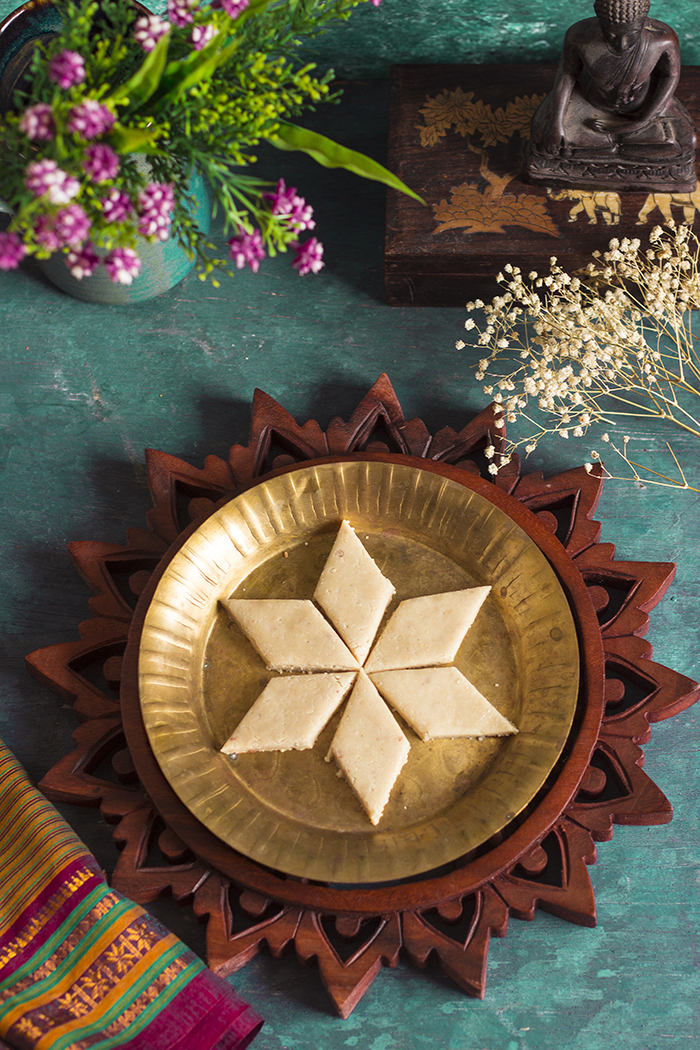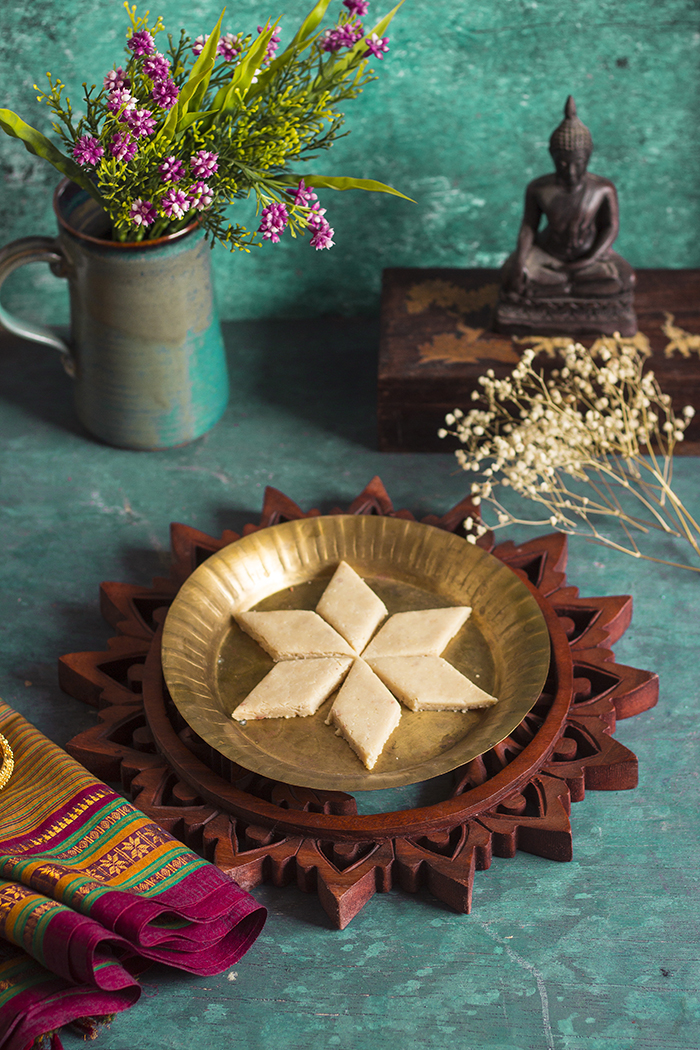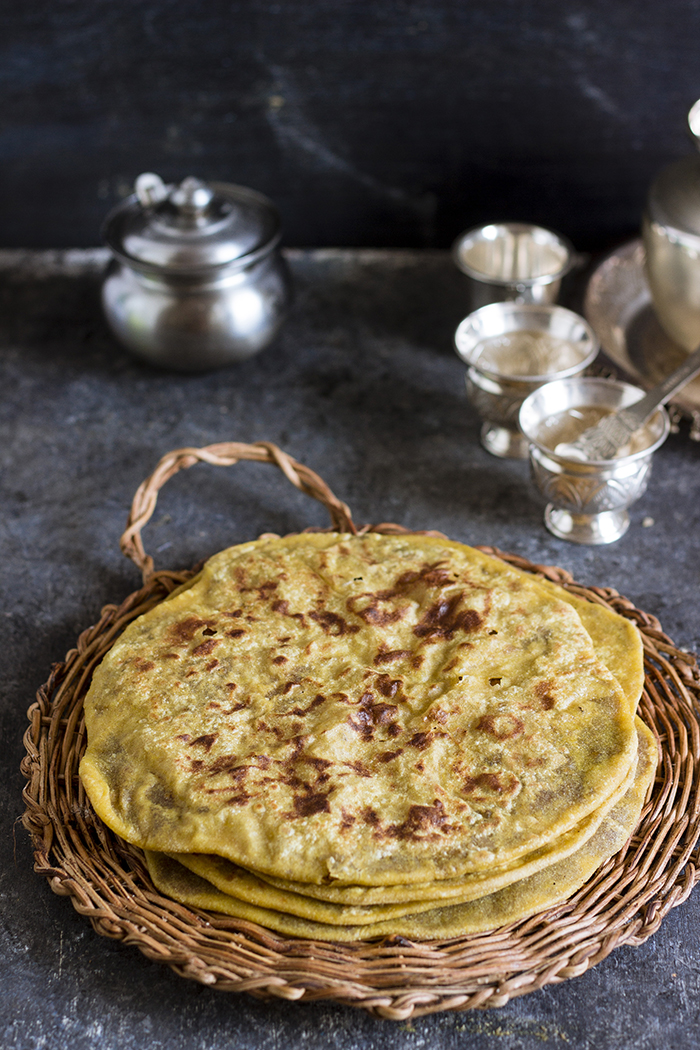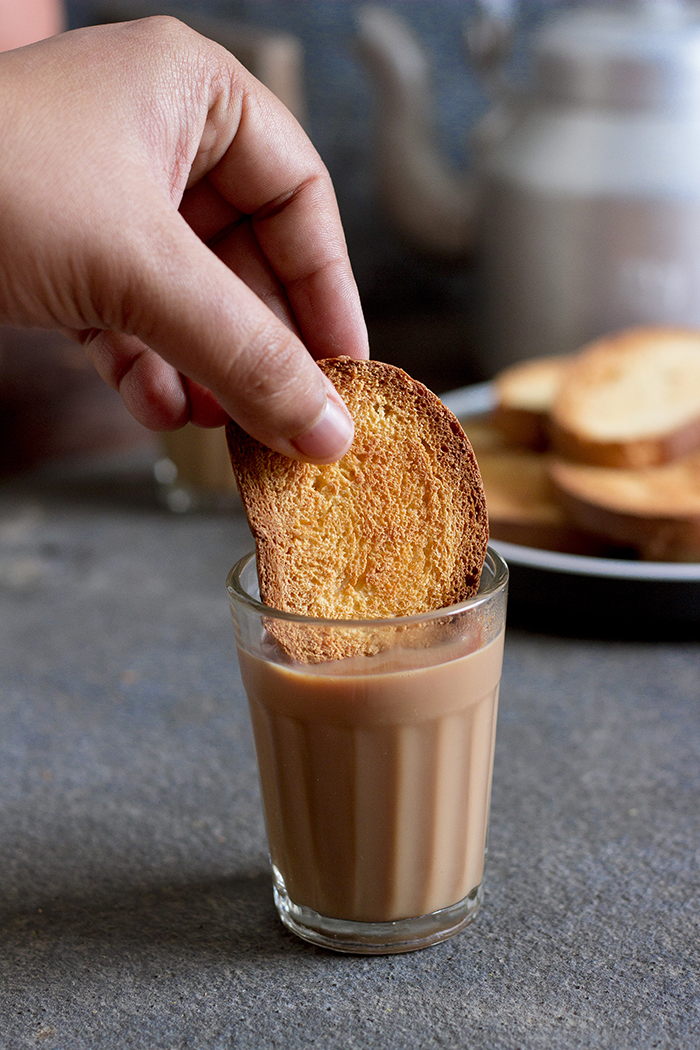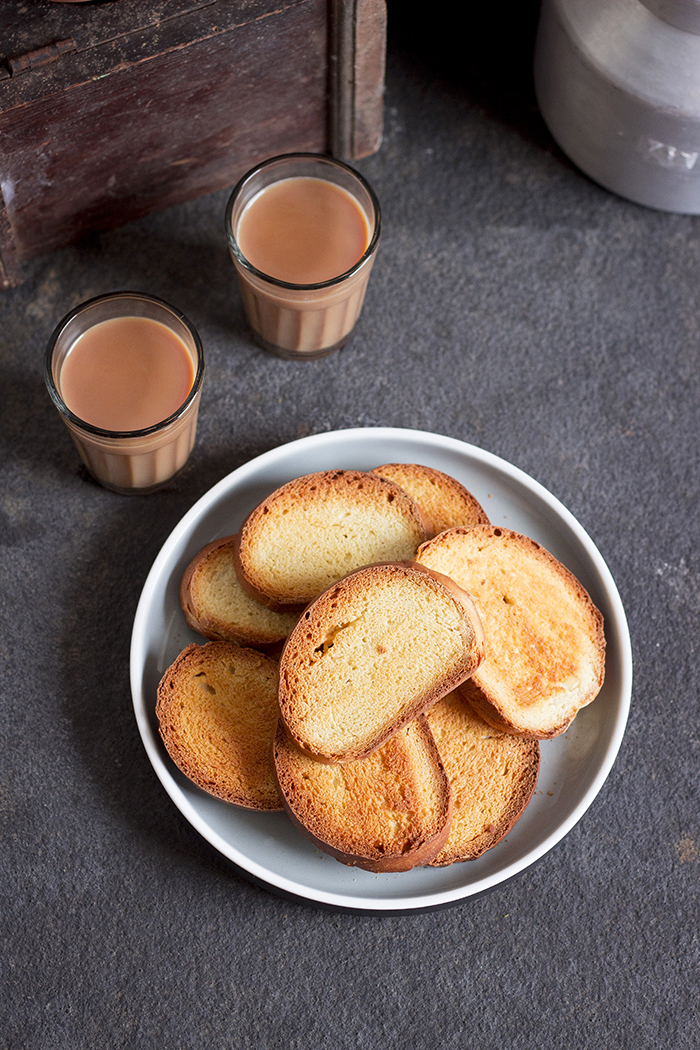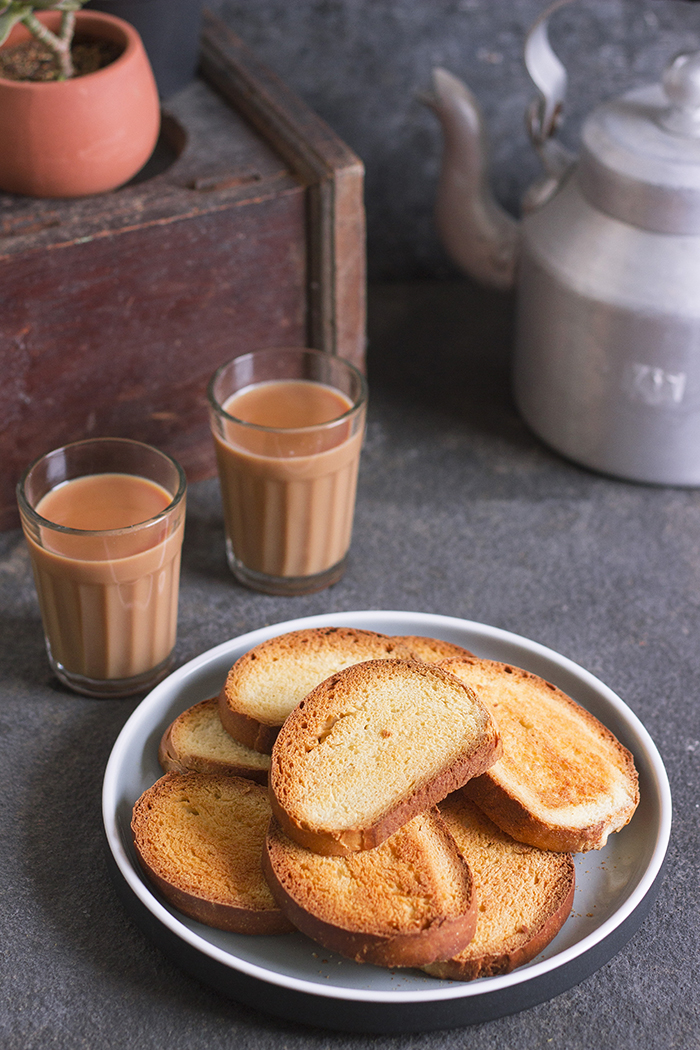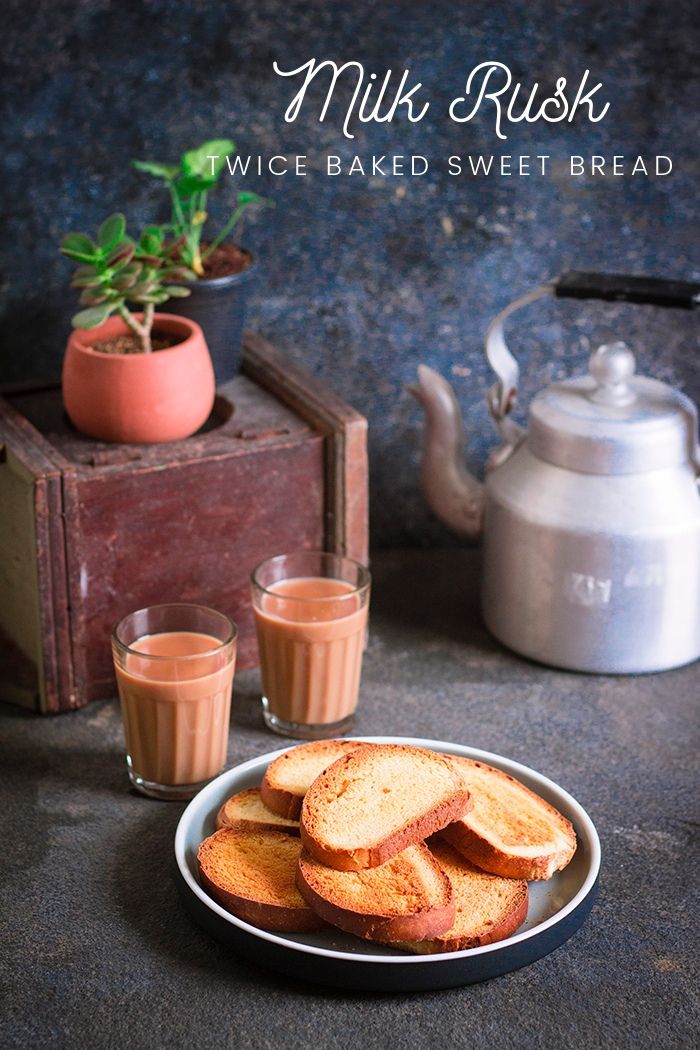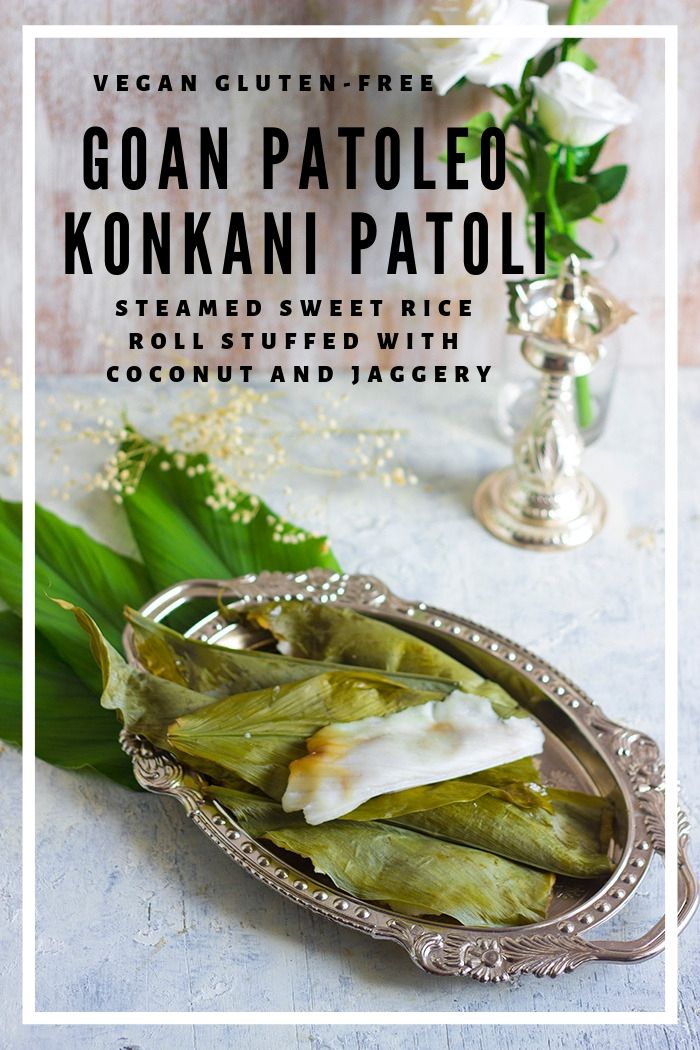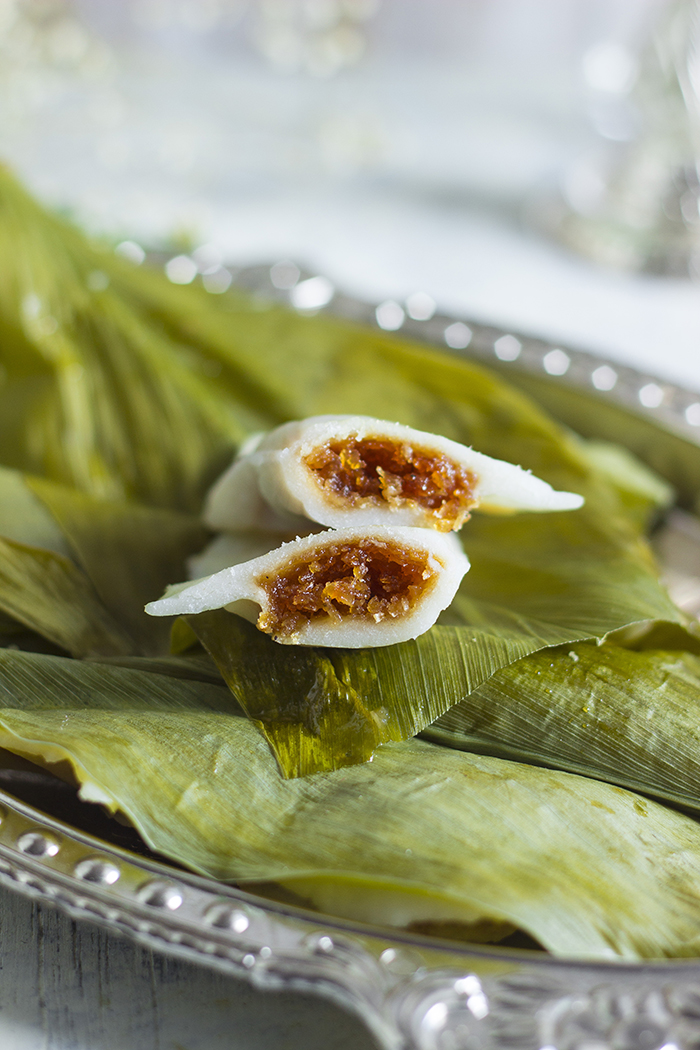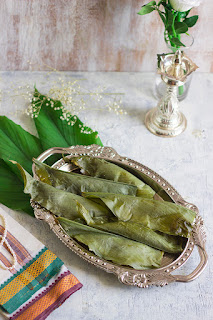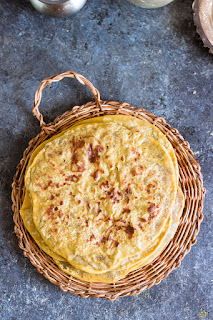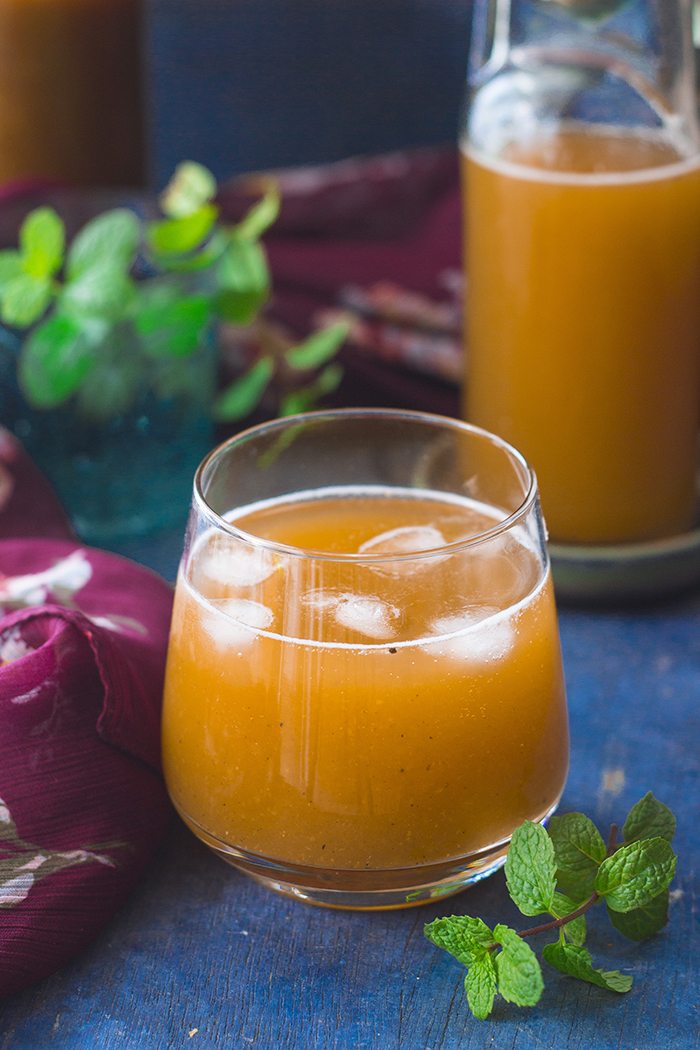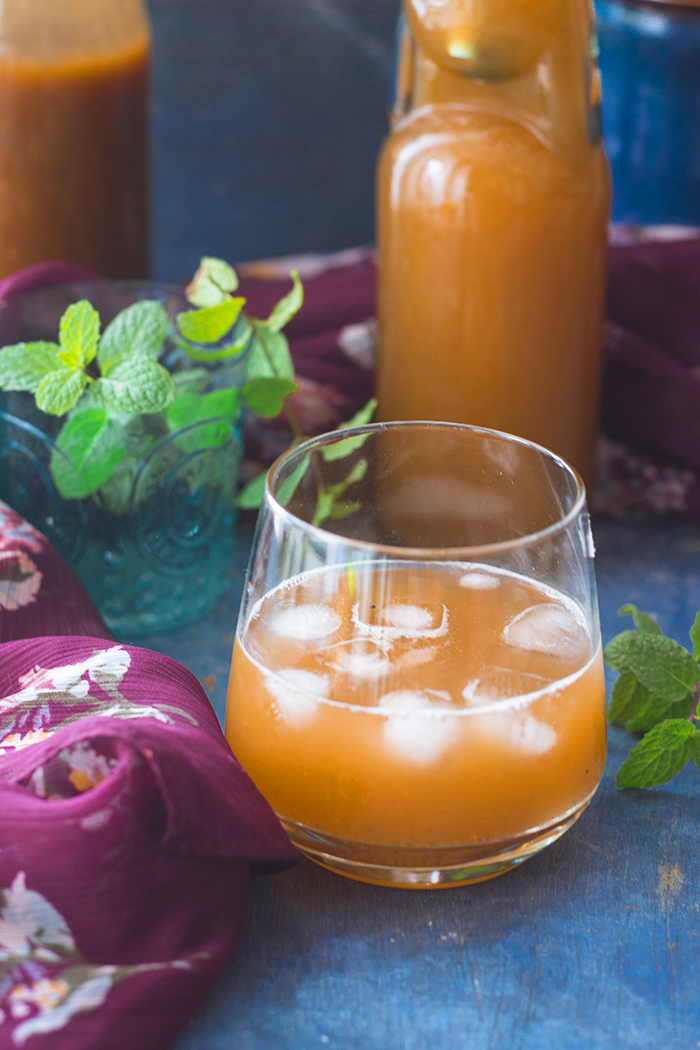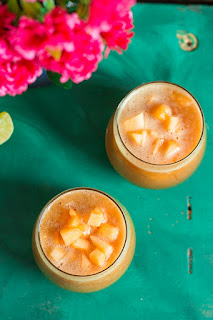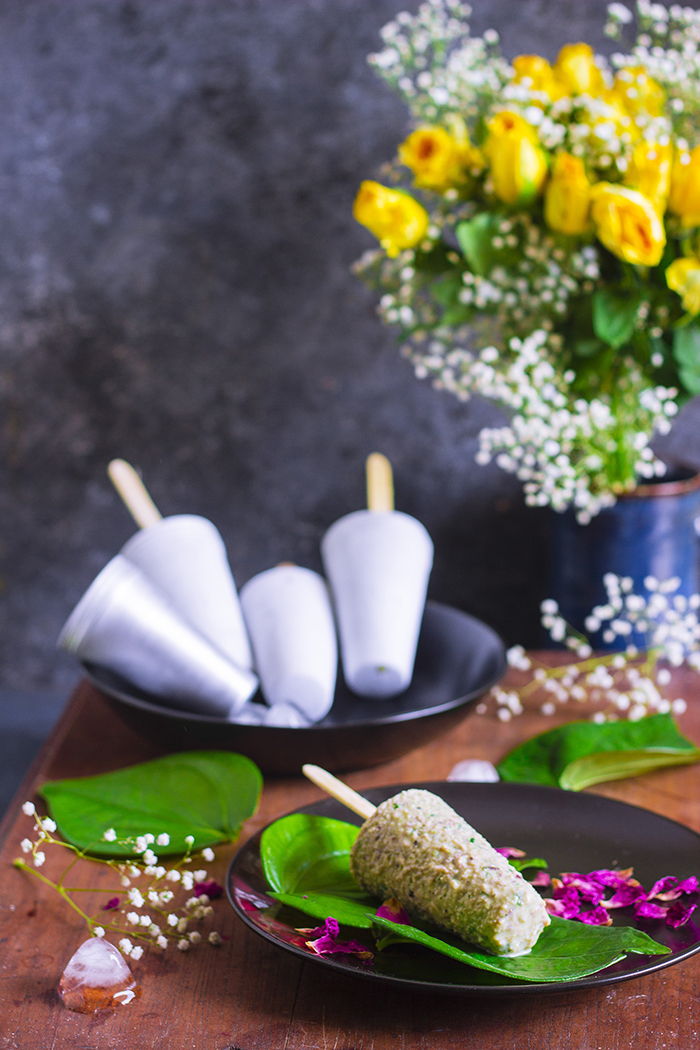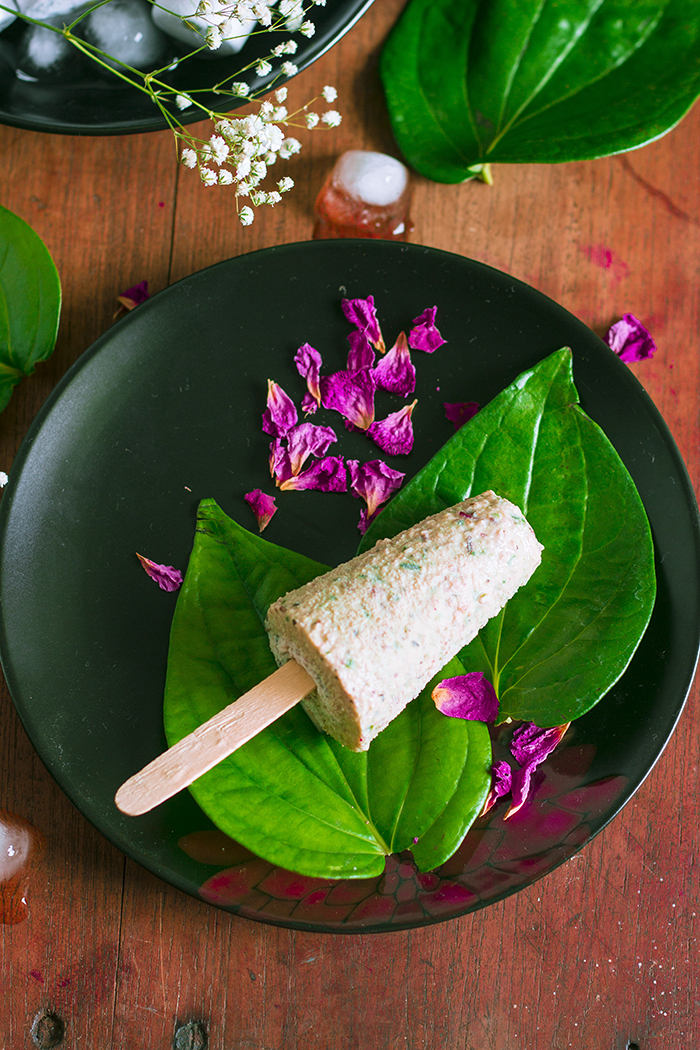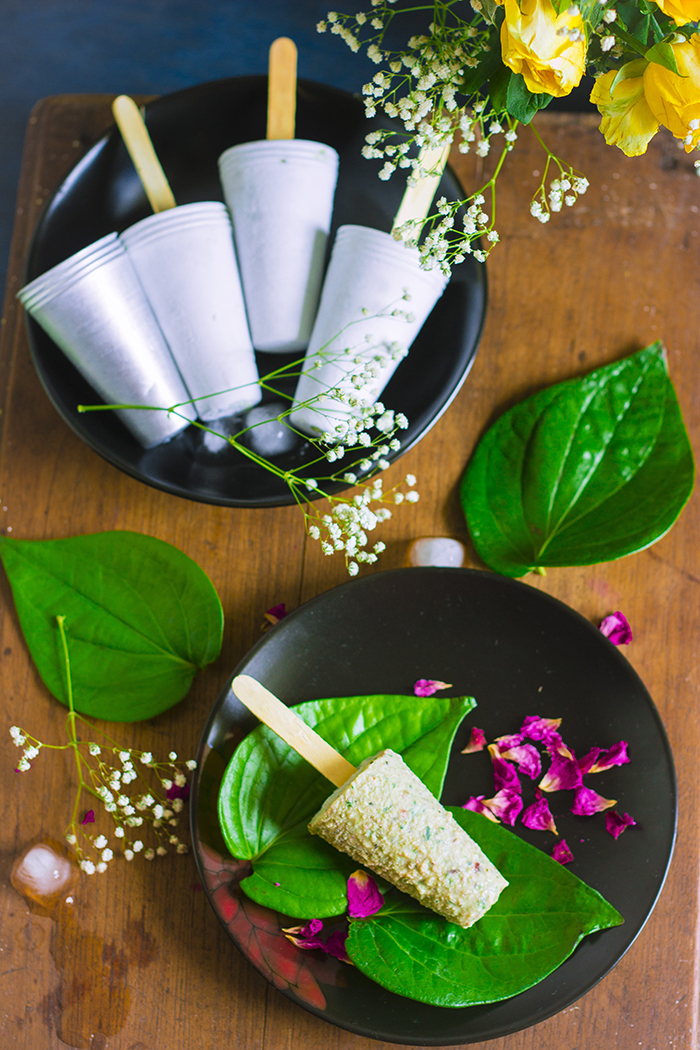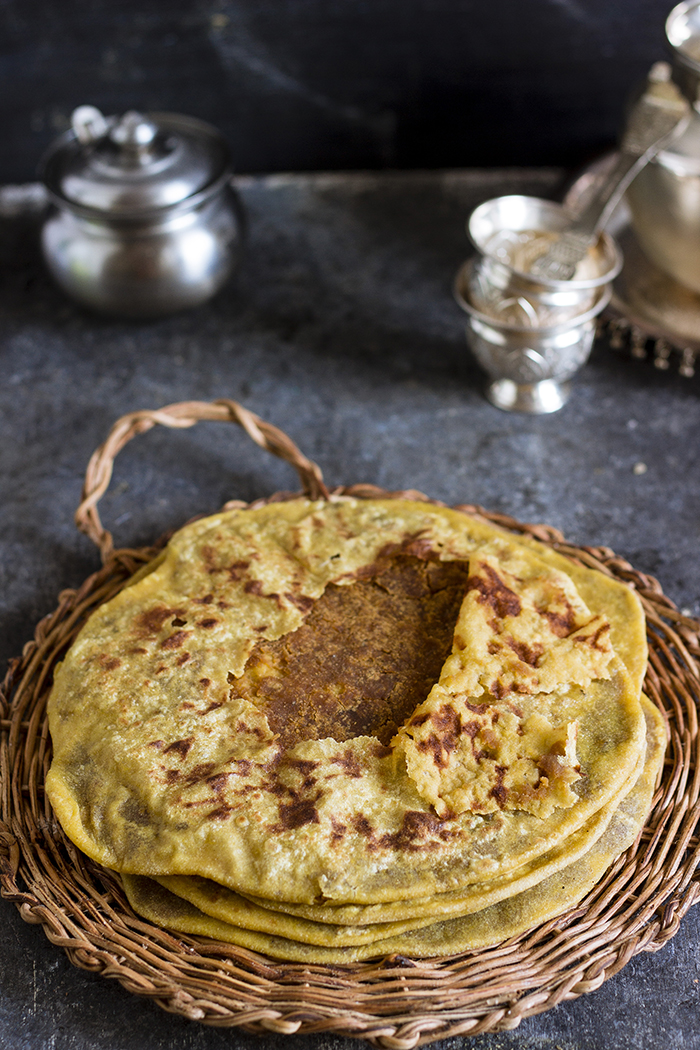Kaju katli or kaju barfi is a diamond shaped soft fudge made from cashew nuts. It is a popular Indian sweet. Perfect to gift family and friends.
In a hurry? Jump to Video or Jump to Recipe
Deepavali is here!!
Deepavali or Diwali always brings with it the air of festivity. Deepas or lamps everywhere, akash kandils in the balconies, colorful rangolis near the threshold, brand new clothes and delicious sweets and savories. With such fervor in the air, it is hard not to celebrate.
The best part of Diwali for me has always been the sweets and savories. People painstakingly spend hours making an array of snacks to fill up boxes and on the day of diwali these are distributed between friends and family. While I always saw my mom do this when we were kids, I had never done so, until last year.
Last year for deepavali, I went to my childhood home and did just that. I made crispy Chakli and this delicious Kaju Katli. Kaju Katli is a sweet that everyone loves. It is generally mildly sweet and has a delicate flavor of cashew nuts. Kaju Katli is gluten free and can be vegan too. The version I make is always vegan, but some recipes I know call for the addition of milk or milk powder.
While the recipe looks simple, it really isn't. So don't fret if it doesn't work out for you the very first time you try. The first time I made it, the sugar syrup was not the right consistency and we ended up eating kaju halwa for a few days. That was delicious too.
What is Kaju Katli
Kaju Katli is cashew nut fudge, in simple words. It is a very popular Indian sweet that is sold worldwide and it can made from just three ingredients - Cashew nuts, Sugar and water. Some recipes call for milk, milk powder or condensed milk, but if you want a vegan recipe, you are in the right place.
Kaju Katli is a sweet that is commonly distributed for all celebrations from birthdays to promotions to festivals. Also, since it is a dry sweet that has a greater shelf life than most milk based sweets, it also makes for a good gifting option.
Kaju Barfi is a sweet similar to Kaju Katli but is made slightly differently and uses milk and milk solids. The names are used synonymously several times, so don't get confused. Kaju katli is usually thin - somewhere about 3-5mm in thickness while a kaju barfi is thicker.
Tips for making the best Kaju Katlis:
Some important notes and learnings from my mistakes, just to help you a little:
- Use everything at room temperature. Refrigerated cashew nuts will mess up the recipe, so keep them out overnight if you store cashew nuts in the fridge.
- Pulse the grinder to powder the cashew nuts. Grinding them for too long will lead to cashew nuts leaving their oil and making them unusable.
- Sieve if you want to, or just skip it. Small bits of cashews just give the kaju katli a rustic feel and they are really not very noticeable in the end product.
- If you have some large chunks of cashew nuts that just won't grind fine enough, add as little water as possible and blend them to a puree.
- You need the sugar syrup at the right consistency. Use the water bowl trick mentioned in the video and the recipe to check for the right consistency.
- If the sugar syrup has gone beyond the required consistency and the dough looks brittle and forms hard lumps after removing from heat, allow it to cool a little, and then pulse it in the mixer until all lumps are broken and you get a fine powder. Knead this powder along with milk or water to get a smooth dough.
- You have to knead the dough while it is still hot. Use gloves if required.
- Do not knead the dough too much, it will release its oil and while it is still edible, the kaju katli will not have the same mouthfeel as the store bought ones.
If you like this recipe, do not forget to share it with your friends and family!
Video Recipe
--------------------------------------------------------------------------------------------------------------------------
Kaju Barfi Recipe | How to make Kaju Katli

Kaju katli or kaju barfi is a diamond shaped soft fudge made from cashew nuts. It is a popular Indian sweet. It can be made vegan.
Recipe Type: Dessert
Cuisine: Indian
Prep Time: 15 minutes
Cook time: 45 minutes
Total time: 55 minutes
Yield: 12-15
Ingredients:
1 cup Cashew nuts
0.5 cup Sugar
0.25 cup Water
Oil or Ghee for greasing
Method:
1. Powder the cashew nuts until fine. Use cashew nuts at room temperature, cashew nuts used directly from the fridge will not give you a fine powder.
2. If the cashews are not finely powdered, you can use a sieve and remove the big unground pieces. Use a medium sized sieve. Sieve and keep aside.
3. To make the sugar syrup, in a pan (preferably nonstick), add the sugar and water and cook on medium heat. The sugar syrup needs to reach one string consistency.
4. To check if the consistency of the sugar syrup, add a small drop of the syrup into a bowl of water. If the syrup dissolves in the water, then the syrup needs more cooking. If the syrup doesn't dissolve but forms a flexible string, then it is ready.
5. Add in the ground cashew nuts and mix until combined.
6. Continue to cook on low heat until the cashew dough becomes one mass.
7. Remove from heat and move the dough to a large plate. Allow it to cool for 2-3 minutes.
8. While the cashew dough is still hot, gently knead it for 2-3 minutes until it is smooth. Do not over-knead, else the cashew will leave its oil.
9. Grease the back of a plate and place the dough on it. Roll it out until the dough is around 5mm thick.
10. Cut the kaju katli into diamond shaped pieces. Allow to cool completely.
11. Using a butter knife, gently remove the kaju katli from the plate and store it in a cool place.
12. Serve Kaju Katli at room temperature.
If you liked this, you may also like:

